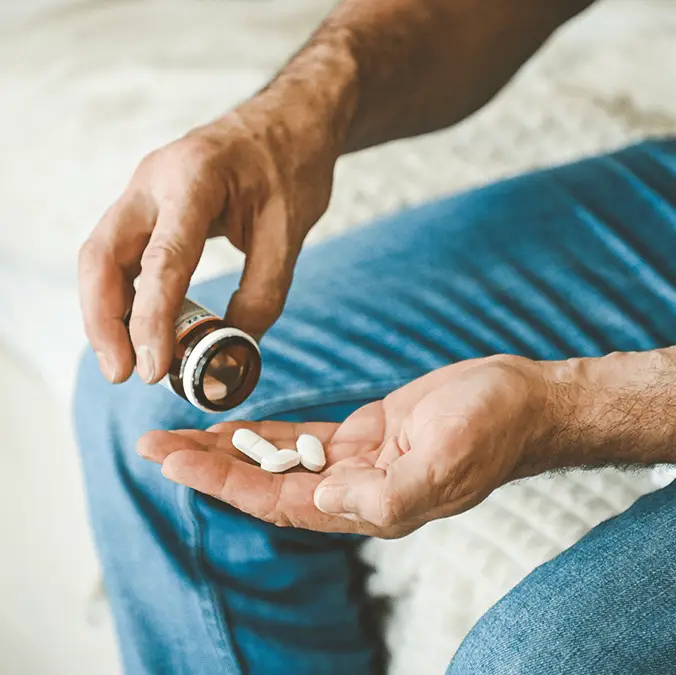
The sheer pressure is enough to completely tear your body apart

Don't worry, it's not as gross as it sounds

Experts warn that this would be incredibly difficult to reverse
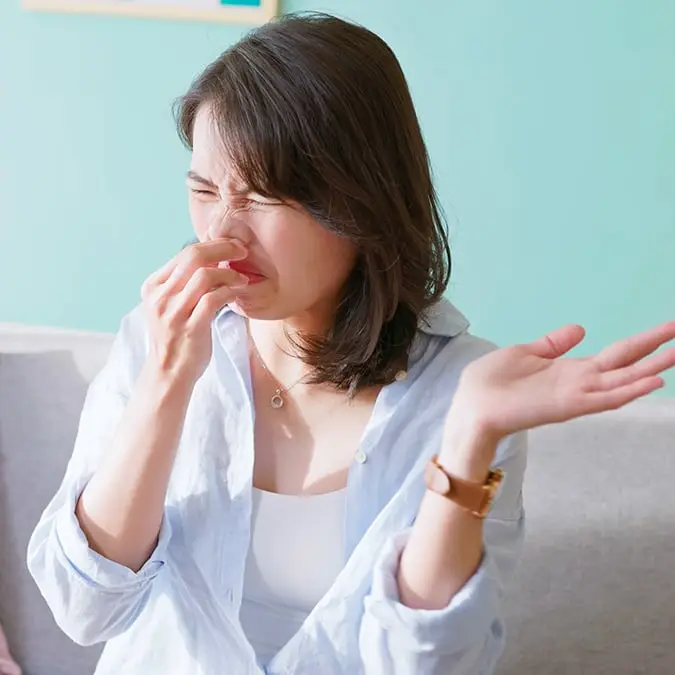
Scientists develop smart underwear to track how regularly people fart and it's not what you'd expect
The smart underwear could assist medics with treating certain conditions
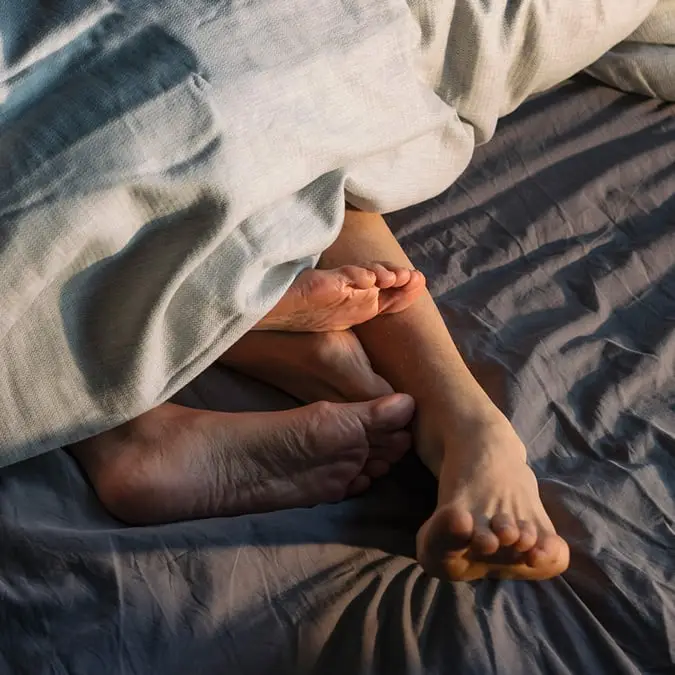
A poll asked 10,000 students across 480 campuses in the US
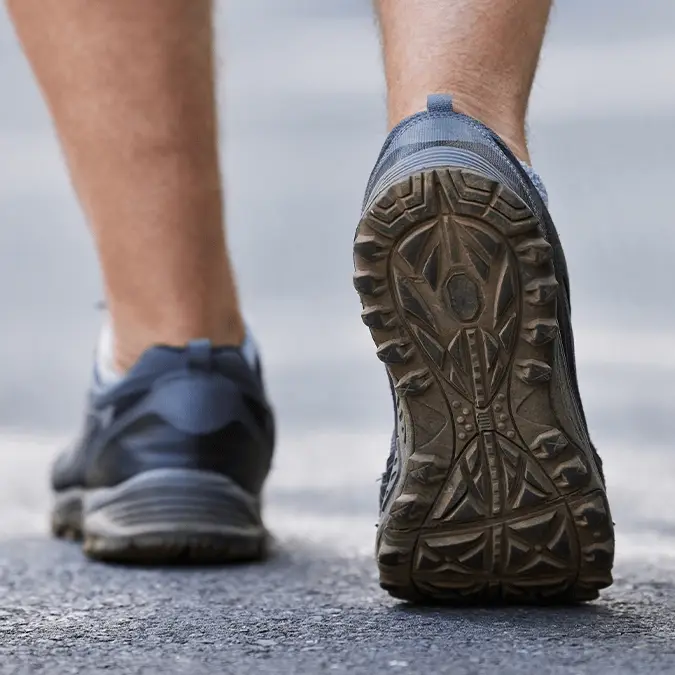
People have been advised to take them off as soon as they head through the door
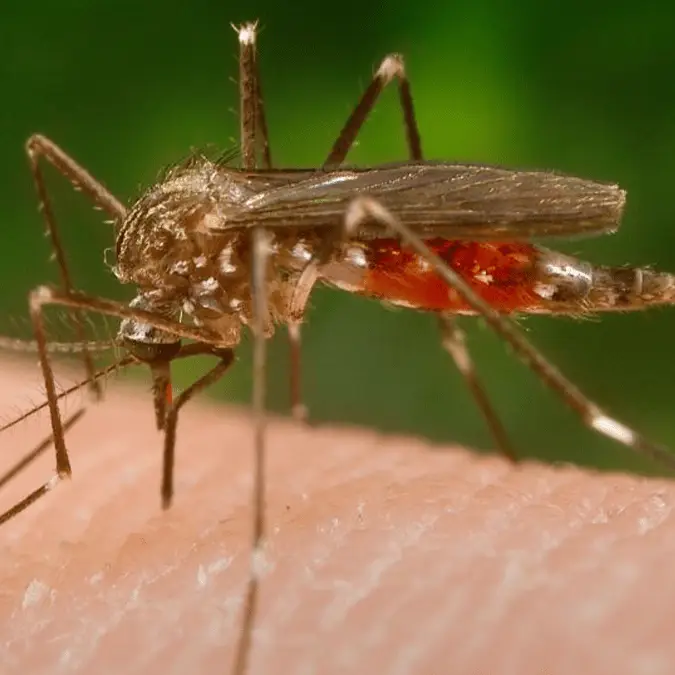
It has urged travelers to 'practice advanced precautions'

Experts have argued against the decision

Studies have been conducted into the specific types of smoke
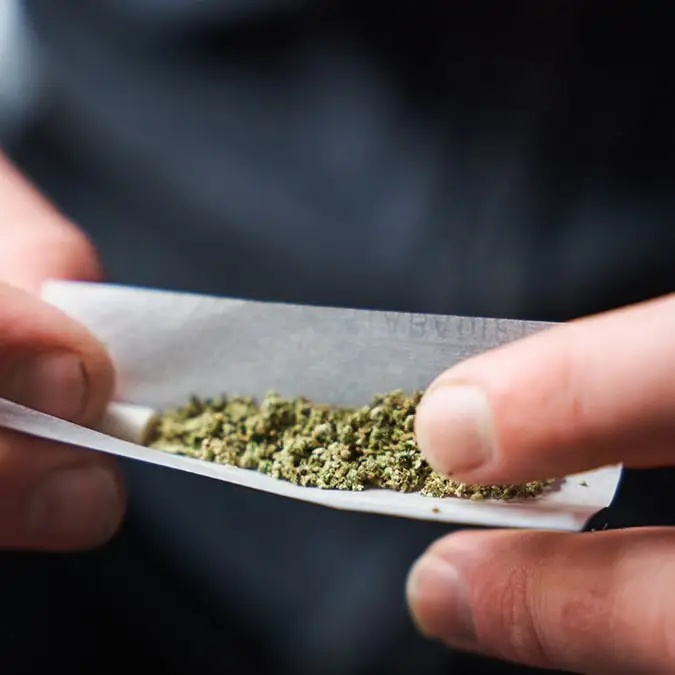
Recreational use of cannabis is legal in 24 states and decriminalized in a further seven states
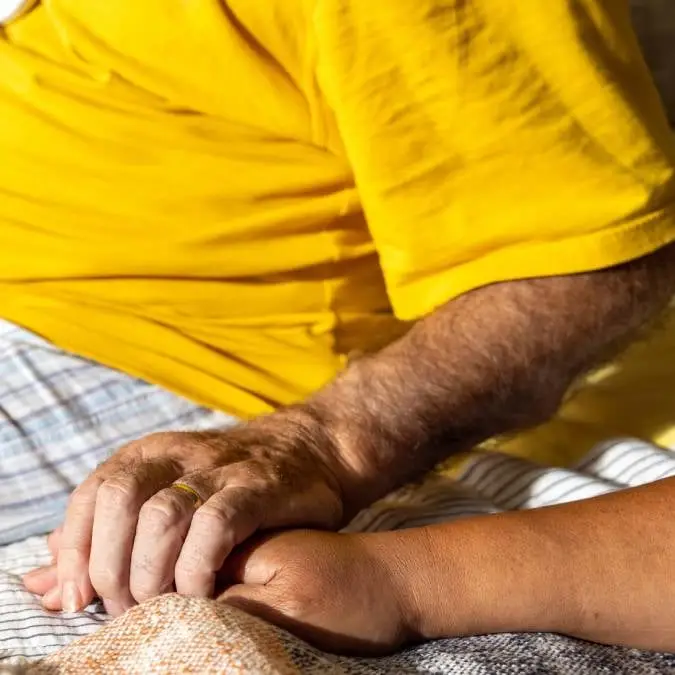
This could lead to increased prevention

It's not supposed to be as morbid as it sounds

Avoiding these two factors will make a major difference
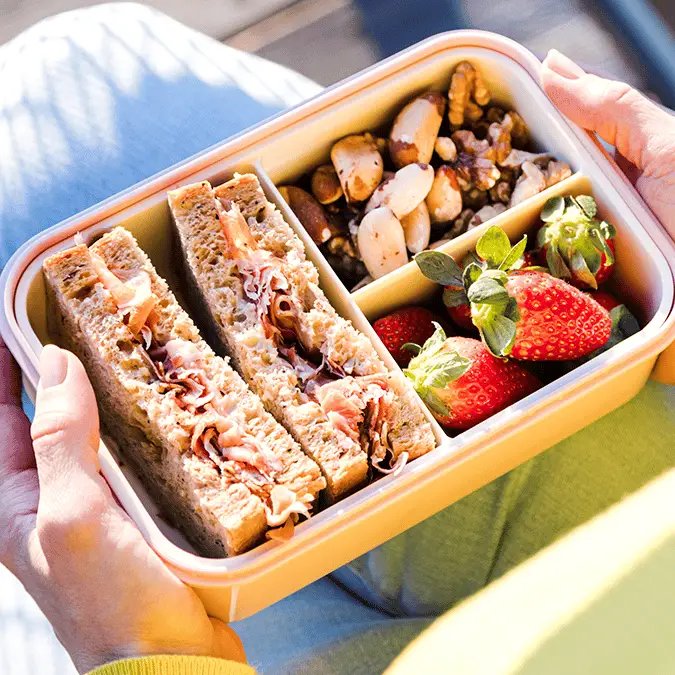
Scientists reveal the one type of meal you should stay away from

A side effect some people experience is known as ‘alcohol flush reaction’

It's said Epstein had a strong interest in transhumanism

It's far more complicated than just 'eat less'

You won't believe your eyes
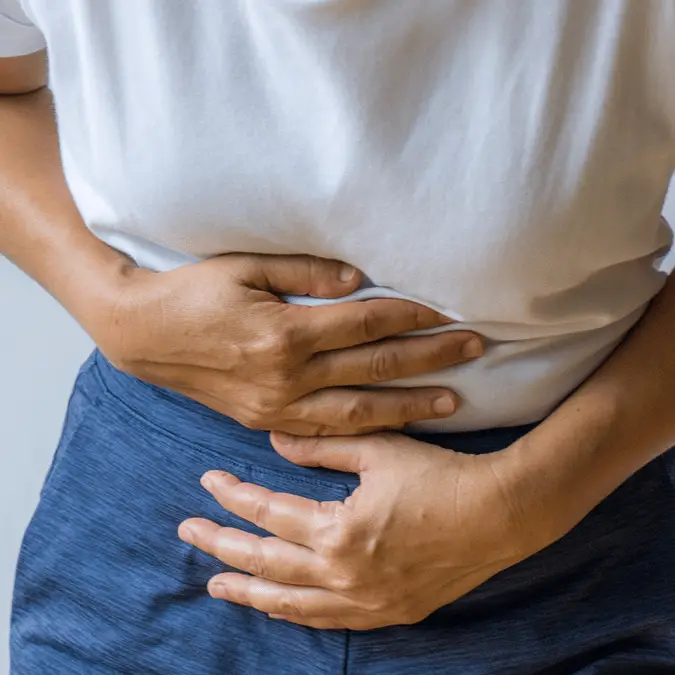
The study has provided insight into a developing trend
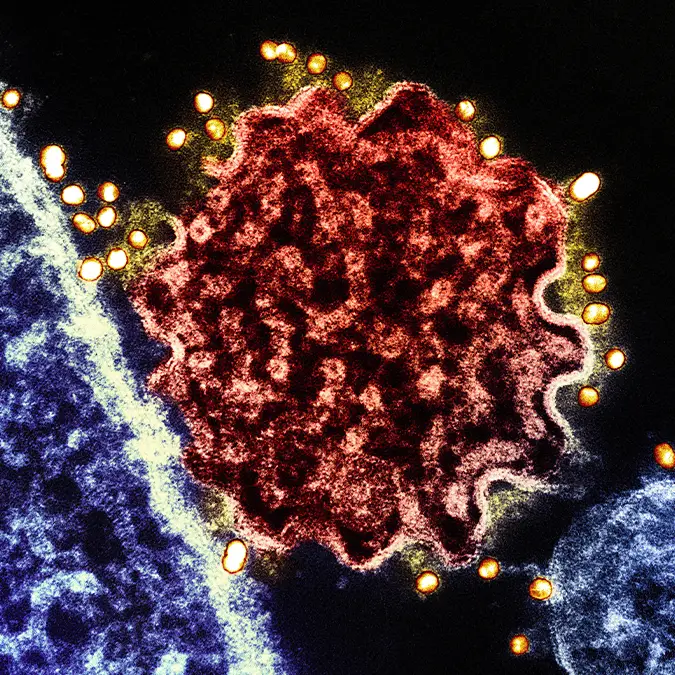
Two cases have been reported so far
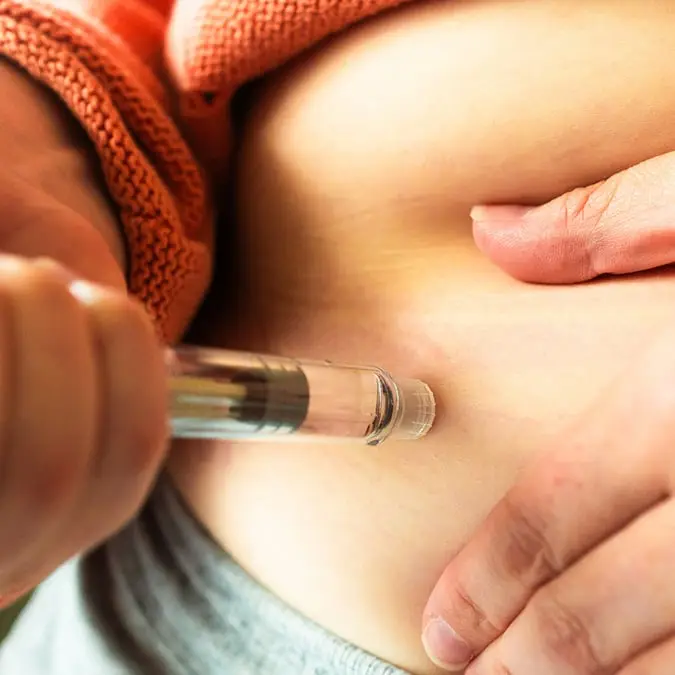
Experts raise the alarm over a potentially fatal side effect with GLP-1 medication

If this doesn't get you off the sofa, nothing will

She's the last known person in the US to use the machine
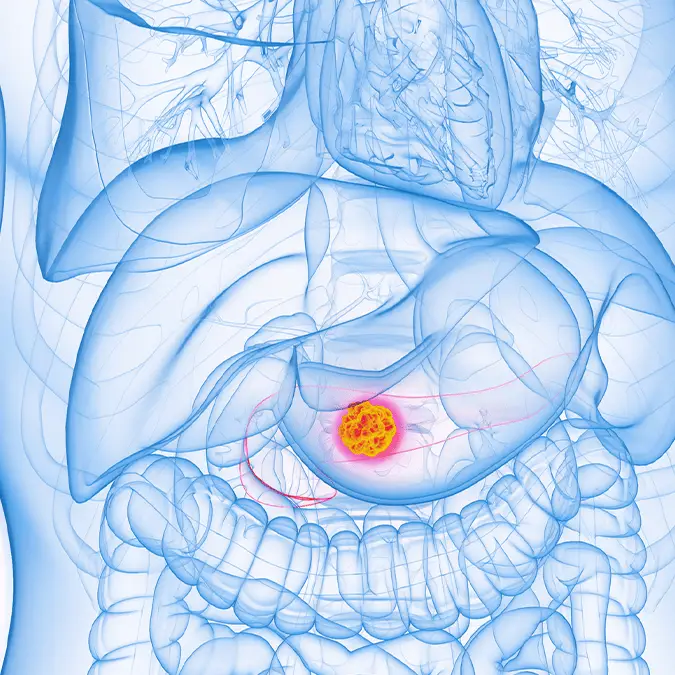
Catching pancreatic cancer early is the key to survival

It's one of the largest of its kind in the world


